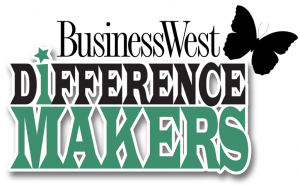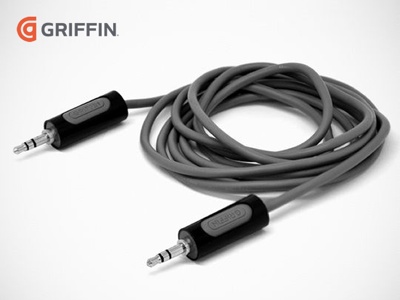You can tell just how desperate retailers are to gain sales when they're willing to give the greatest threat to their existence access to their greatest asset, their customers. They're putting their own heads into a noose by which their biggest rival will hang them, and they're doing so willingly.
We saw in the run-up to Christmas retailers' wild-eyed fear that seasonal sales would implode, a fear that has largely been borne out over the ensuing weeks as dismal holiday earnings numbers have been released. That only confirmed their clouded judgment, as The Wall Street Journal reported last week that some 10 name-brand retailers, from Abercrombie & Fitch to Neiman Marcus, will partner with Promotional Code.com to feature products on the online e-commerce king's website but complete the sales on their own sites.

It's a sneaky maneuver by Amazon, allowing the e-tailer to gain incredibly important insights into its brick-and-mortar rivals' customers, leverage it can then use to steal them back and ultimately sink the competition. We've seen these stealth schemes deployed before by Amazon; the only surprise is how often it's able to hoodwink its rivals into letting the fox guard the henhouse.
Several years ago both RadioShack and office supplies leader Staples let Amazon place lockers in their stores where its customers could pick up packages they ordered from the website. The thinking apparently was that while Amazon shoppers were in their stores they'd pick up some pencils or a capacitor or two, incrementally leading to higher sales for the retailer. Instead, RadioShack and Staples found they were only bolstering the competition's preeminence at their own expense, and both companies quickly ended the partnership.
Then last year Amazon launched a program called Amazon Source for independent booksellers to sell Kindle devices and e-books and earn a commission on the proceeds from their sale. With both Wal-Mart and Target refusing to sell the Kindle, the program was touted as a win-win partnership since Amazon could reach more customers while the booksellers would offer a technology readers have been moving toward in greater numbers anyway. Amazon managed to get at least two booksellers to sign up for the program, but the American Booksellers Association decried it as a blatant attempt to steal customers from the already hard-pressed retailers.
Amazon is once again pushing the latest cooperative program as an "everybody wins" idea. Amazon Prime customers, who are facing a hike in the $79 annual fee they pay for access to the service, would get free shipping on the items they ended up buying directly from the retailers. They also get a broad spectrum of brand-name clothes to choose from without the hassle of surfing to each company's individual site.
As for the retailers themselves, they will presumably get more traffic than they otherwise might, understanding their customers are trolling Amazon's website anyway, so they may as well get a potential sale out of it. Unfortunately, that sounds an awful lot like what RadioShack, Staples, and the booksellers were saying when they convinced themselves partnering with Amazon was a good idea, only to realize later on that the e-commerce leader was simply leading them down a crooked path to ruin.
Perhaps the retailers have a backup plan in place for when Amazon.com swoops in and steals their customers, but they're crazy if they think they'll come out on top.
A growth opportunity even bigger than Amazon
Opportunities to get wealthy from a single investment don't come around often, but they do exist, and our chief technology officer believes he's found one. In this free report, Jeremy Phillips shares the single company that he believes could transform not only your portfolio, but your entire life. To learn the identity of this stock for free and see why Jeremy is putting more than $100,000 of his own money into it, all you have to do is click here now.
The article These Retailers Must Be Crazy to Partner With Amazon originally appeared on Fool.com.
Rich Duprey has no position in any stocks mentioned. The Motley Fool recommends Amazon.com. The Motley Fool owns shares of Amazon.com and Staples. Try any of our Foolish newsletter services free for 30 days. We Fools may not all hold the same opinions, but we all believe that considering a diverse range of insights makes us better investors. The Motley Fool has a disclosure policy.
Copyright © 1995 - 2014 The Motley Fool, LLC. All rights reserved. The Motley Fool has a disclosure policy.













 S
S 













